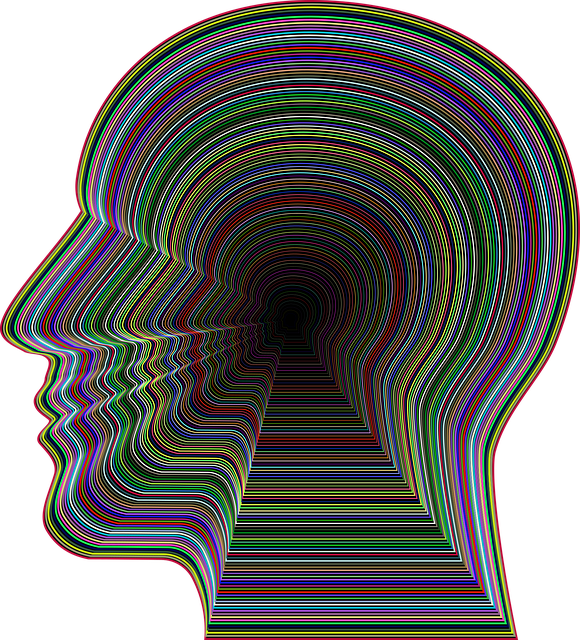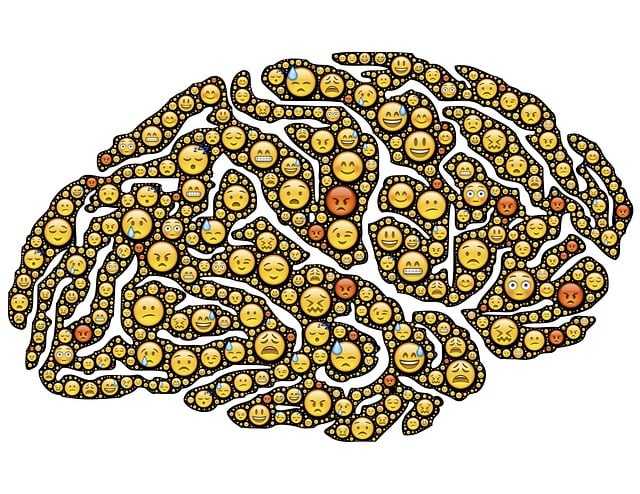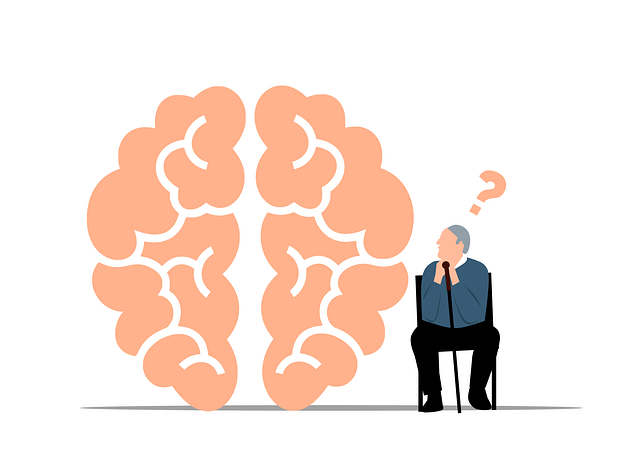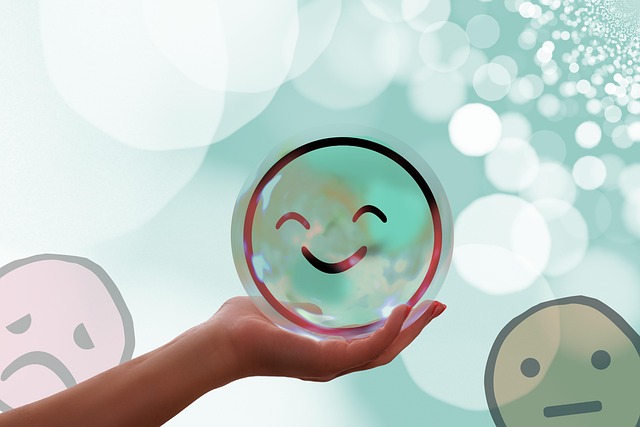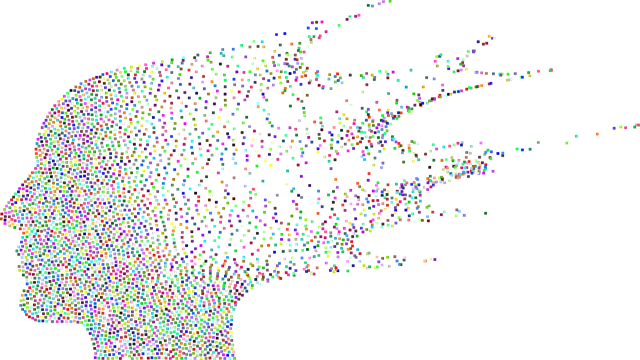Self-care involves actively nurturing physical, mental, and emotional well-being. Therapy for adults, combined with IMEs, provides personalized strategies for managing stress and anxiety, preventing depression, and improving overall mental health. Integrating structured routines, including balanced meals, exercise, mindfulness, and professional support through various services, enhances resilience and promotes holistic health.
“Enhance your well-being with our comprehensive guide on improving self-care practices. Understanding the foundational role of self-care in mental health, we explore why it’s crucial for adults. This article delves into effective strategies and tools such as therapy sessions and independent medical evaluations to help you navigate personal growth. By implementing these practices, you’ll discover a sustainable approach to prioritize your mental and emotional health.”
- Understanding Self-Care: The Foundation of Well-being
- Therapy and Independent Evaluations: Tools for Personal Growth
- Strategies to Enhance and Sustain Effective Self-Care Practices
Understanding Self-Care: The Foundation of Well-being

Understanding self-care is pivotal to cultivating well-being and thriving in today’s fast-paced world. It involves recognizing and prioritizing your physical, mental, and emotional health, encompassing a range of practices that nurture your overall longevity. Self-care isn’t merely an indulgent act but a fundamental strategy for fostering resilience against life’s challenges. By integrating regular self-care routines, individuals can enhance their coping mechanisms, boost positive thinking, and improve their quality of life.
This process often entails personal reflection, setting boundaries, engaging in activities that bring joy, and seeking professional support when needed. Therapy for adults plays a crucial role in exploring and addressing underlying issues while cultivating healthy coping mechanisms. Independent Medical Evaluations (IMEs) can also provide valuable insights into an individual’s mental health status, offering data to inform personalized self-care strategies. Enhancing resilience building through IMEs and therapy empowers individuals to navigate life’s complexities with greater equanimity, underscoring the importance of cultural sensitivity in mental healthcare practice for inclusive support.
Therapy and Independent Evaluations: Tools for Personal Growth

Therapy for Adults serves as a powerful tool for personal growth and self-care improvement. Through one-on-one sessions with trained professionals, individuals can explore their thoughts, emotions, and behaviors in a safe and non-judgmental environment. This process facilitates better understanding of oneself, leading to enhanced mental wellness. Independent Medical Evaluations (IMEs) complement therapy by providing objective assessments that offer valuable insights into an individual’s overall well-being. IMEs can be particularly useful for depression prevention and anxiety relief, as they help identify underlying physical or psychological factors contributing to these conditions.
Combining therapy with independent evaluations allows for a comprehensive approach to self-care. Mental wellness journaling and exercise guidance tailored from these evaluations can reinforce progress made during therapy sessions. By integrating these practices into daily routines, individuals can better manage stress, improve mood, and foster a sense of resilience—all crucial aspects of maintaining good mental health.
Strategies to Enhance and Sustain Effective Self-Care Practices

To enhance and sustain effective self-care practices, adults should consider integrating structured routines into their daily lives. Starting the day with a balanced breakfast, engaging in regular physical activity, and dedicating time for mindfulness exercises like meditation or deep breathing can significantly contribute to mental wellness. Developing these habits not only promotes overall health but also fosters resilience against stress and adversity.
Additionally, seeking professional support through therapy for adults or independent medical evaluations can provide valuable insights into personal needs and challenges. Crisis intervention guidance and empathy-building strategies offered by Mental Wellness Coaching Programs can further strengthen self-care efforts. Regular check-ins with healthcare providers ensure that any emerging issues are addressed promptly, allowing individuals to maintain a holistic approach to their well-being.
Self-care is a powerful tool for adults seeking personal growth and well-being. By understanding its importance, combining it with therapy for adults, and leveraging independent medical evaluations, individuals can create a sustainable self-care routine that enhances their daily lives. These practices enable folks to navigate life’s challenges with resilience, fostering a deeper connection with themselves and their surroundings.



